The PusH Partnership
The Strategic Partnership unites seven partners bringing together a wealth of international expertise on precarious housing:
- Leuphana University in Lüneburg, the project coordinator, emphasizes the dialogue between different scientific disciplines and between research and practice.
- Utrecht University‘s Department of Human Geography and Spatial Planning of the Faculty of Geosciences is one of the largest departments in this field of study in Europe and brings to the partnership its strong track record of research and policy advice on migration and housing.
- Durham University’s Department of Geography holds notable expertise in migration, urban infrastructure and urban politics, and social and spatial theory.
- The IUAV in Venice hosts the “SSIIM UNESCO Chair on the Social and spatial inclusion of international migrants –Urban Policies and Practices”.
- The Danube-Krems University acts as a provider of continuing education for working professionals and contributes its knowledge on informal settlements.
- These universities are joined by two partners from Bulgaria and Hungary as those countries where informal and precarious housing is a long-standing phenomenon. The Centre for Economic and Regional Studies in Budapest as a public research institute and the Open Society Institute in Sofia as a non-governmental, non-for-profit organization have an established reputation for providing scientific evidence and policy advice on precarious housing.
Below we present the team members working on this project.
Leuphana University (coordinator)
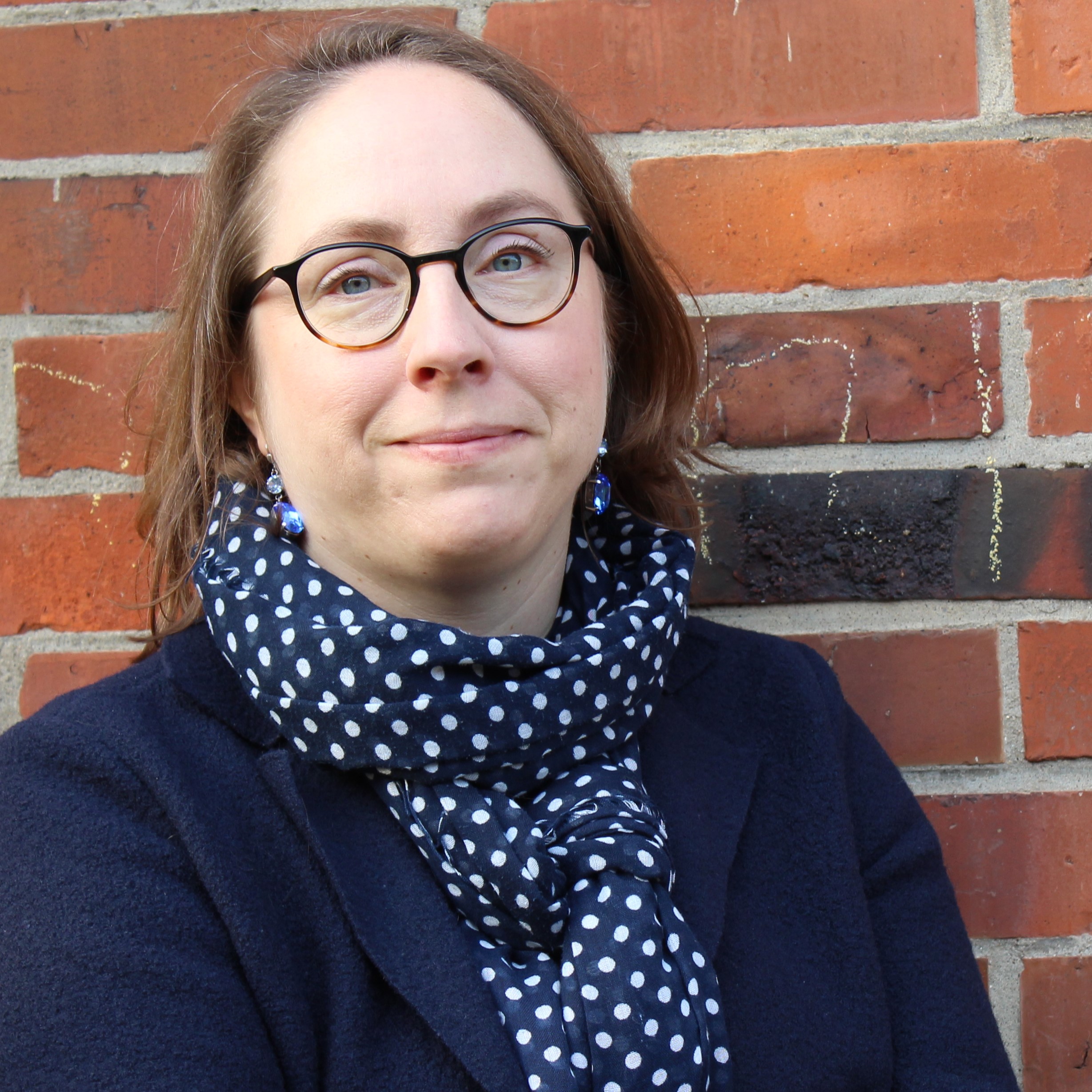
Sybille Münch is a Junior Professor in the Theory of Public Policy at the Centre for the Study of Democracy at Leuphana University Lüneburg. She has been working at the nexus of migration and urban studies for many years and is interested in interpretive methods. Current research projects focus on the role of civic engagement for the integration of refugee families in early childhood education and care and the role of the police in negotiating urban diversity. Further information can be found here.
Selected publications related to PusH:
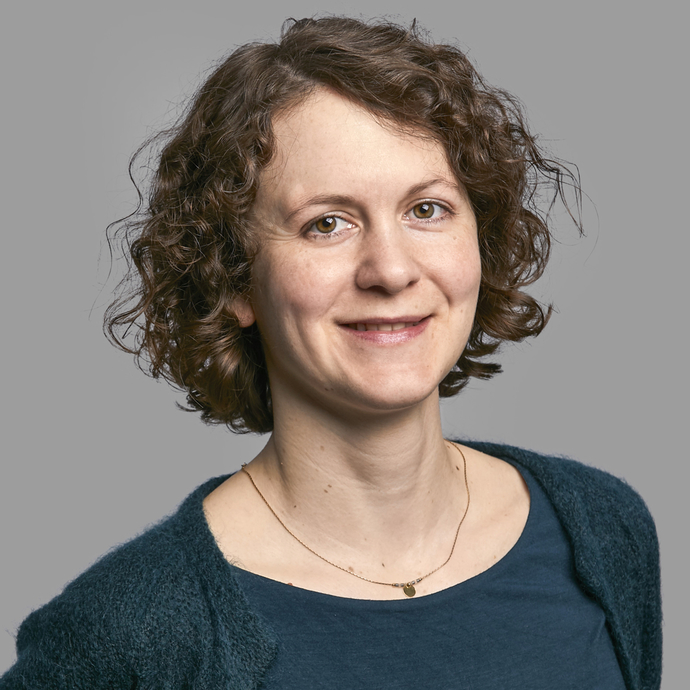
Anna Siede
is a researcher and PhD-student at Leuphana University Lüneburg. Her research focuses on the integration of refugee families and the role of civil society in this context. Before starting at Leuphana University, Anna worked as
a policy consultant for Deloitte, carrying out policy evaluations and impact assessment studies on behalf of public institutions, mostly concerning EU justice and home affairs policies. With degrees in European Studies and European
Law, Anna Siede has an interdisciplinary background with a focus on social sciences and law. Within the PusH partnership, Anna focuses on project administration as well as the coordination and implementation of the learning materials.
Further information can be found here.
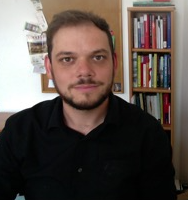
University of Utrecht
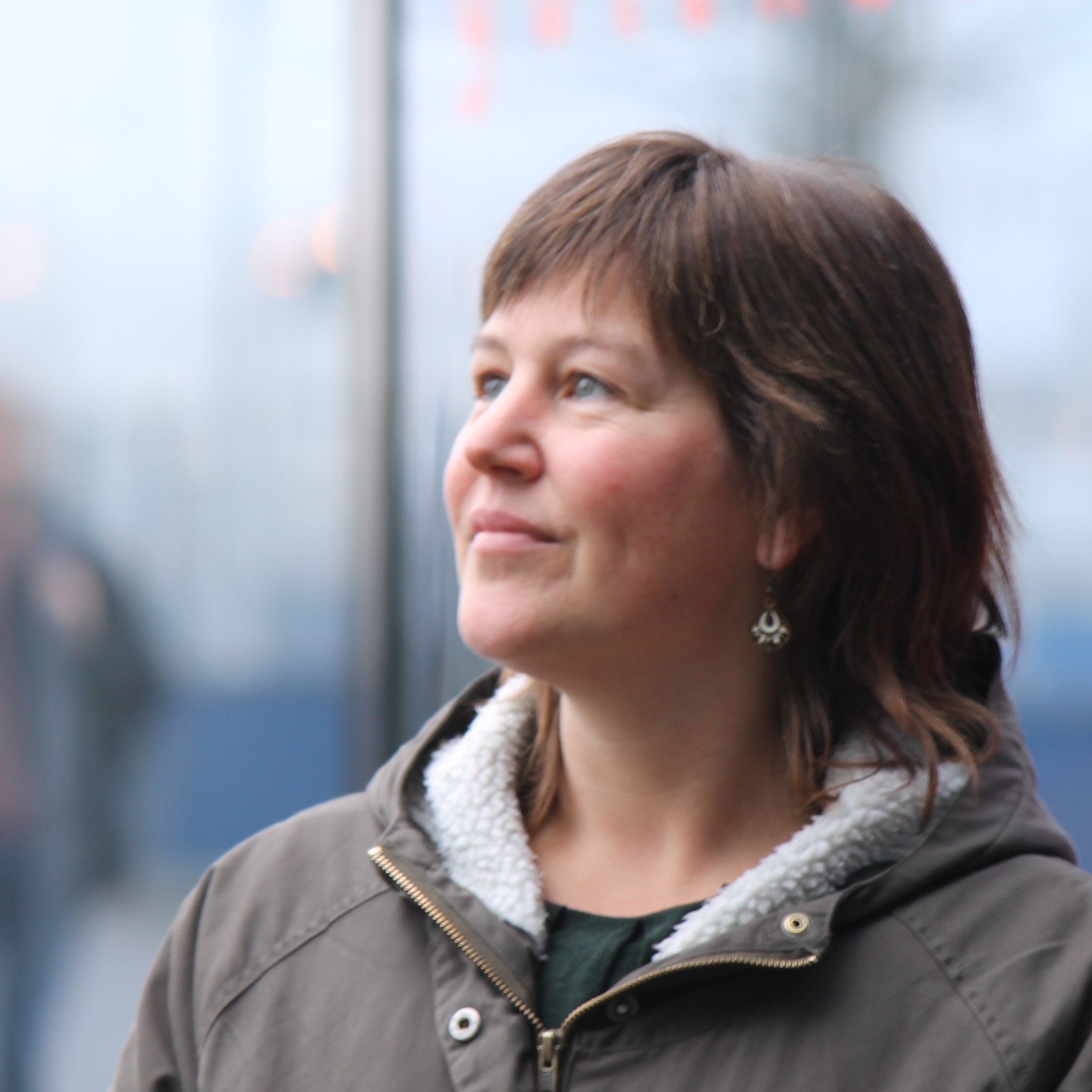
Ilse van Liempt is an Associate Professor in Urban Geography in the Human Geography Department of Utrecht University (the Netherlands). Her research expertise is on irregular migration, refugees, homemaking and processes of inclusion and exclusion in cities. She is an expert in qualitative research on precarity. Previously, Ilse Van Liempt worked at the Institute for Ethnic and Migration Studies (IMES) in Amsterdam and the Sussex Center for Migration Research (SCMR). Further information can be found here.
Selected publications related to PusH:
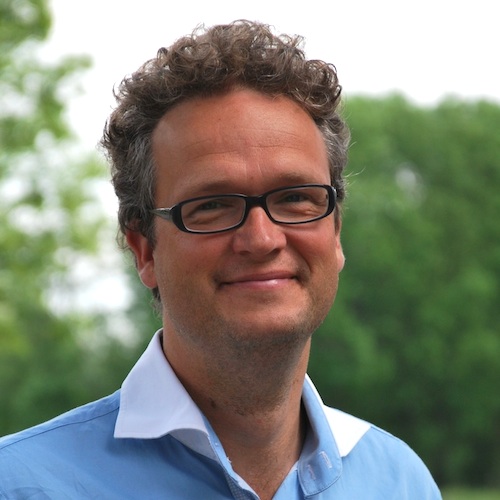
Gideon Bolt is an Associate Professor Urban Geography in the Human Geography Department of Utrecht University (UU). His research expertise is on residential segregation, urban renewal, social cohesion, minority ethnic groups on the housing markets, neighbourhood effects, and social inclusion. Further information can be found here.
Selected publications related to PusH:
University of Durham
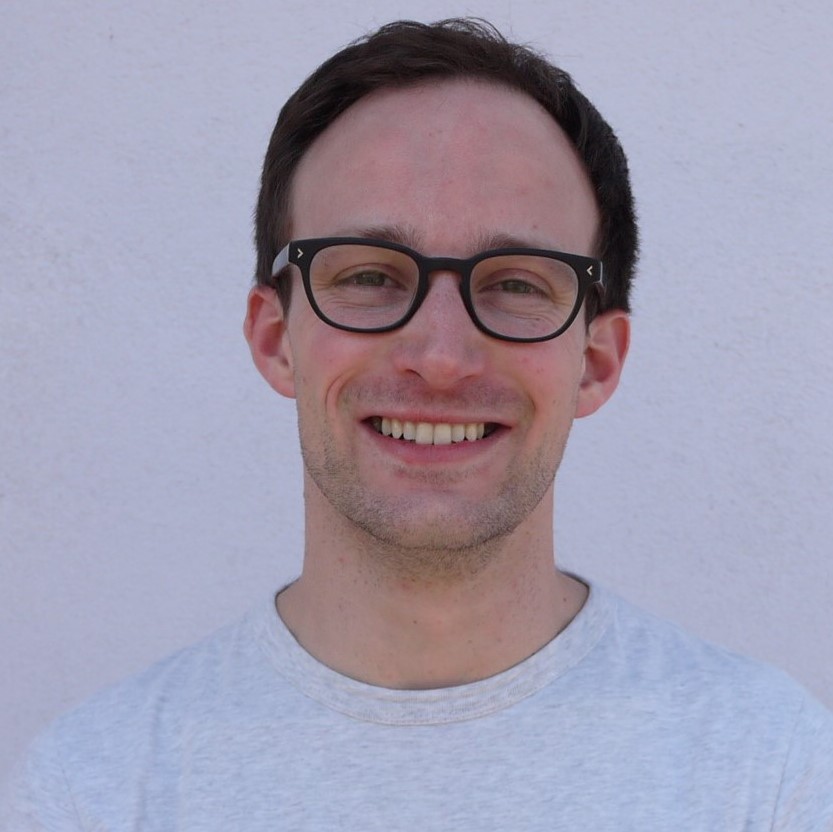
Jonathan Darling is an Associate Professor in Human Geography at Durham University. His research focuses on the urban dynamics of forced migration, sanctuary, and solidarity. As part of PusH, he contributes expertise on the housing, support, and integration of asylum seekers and refugees. Further information can be found here.
Selected publications related to PusH:
Iuav University Venice

Architect, PhD in Urban Planning and Public Policies (2012), Master degree in Urban Planning in Developing Countries (2002), Giovanna Marconi is an Assistant Professor at the University Iuav of Venice where, since 2008 she coordinates the SSIIM Unesco Chair on the ‘Social and Spatial Inclusion of International Migrants’. As part of PusH she is coordinator of the IUAV research team, responsible for the preparation of Intellectual Output 3 and the organisation of the summer school on migrants’ access to adequate housing that will be held in Venice in 2022.
Selected publications related to PusH:
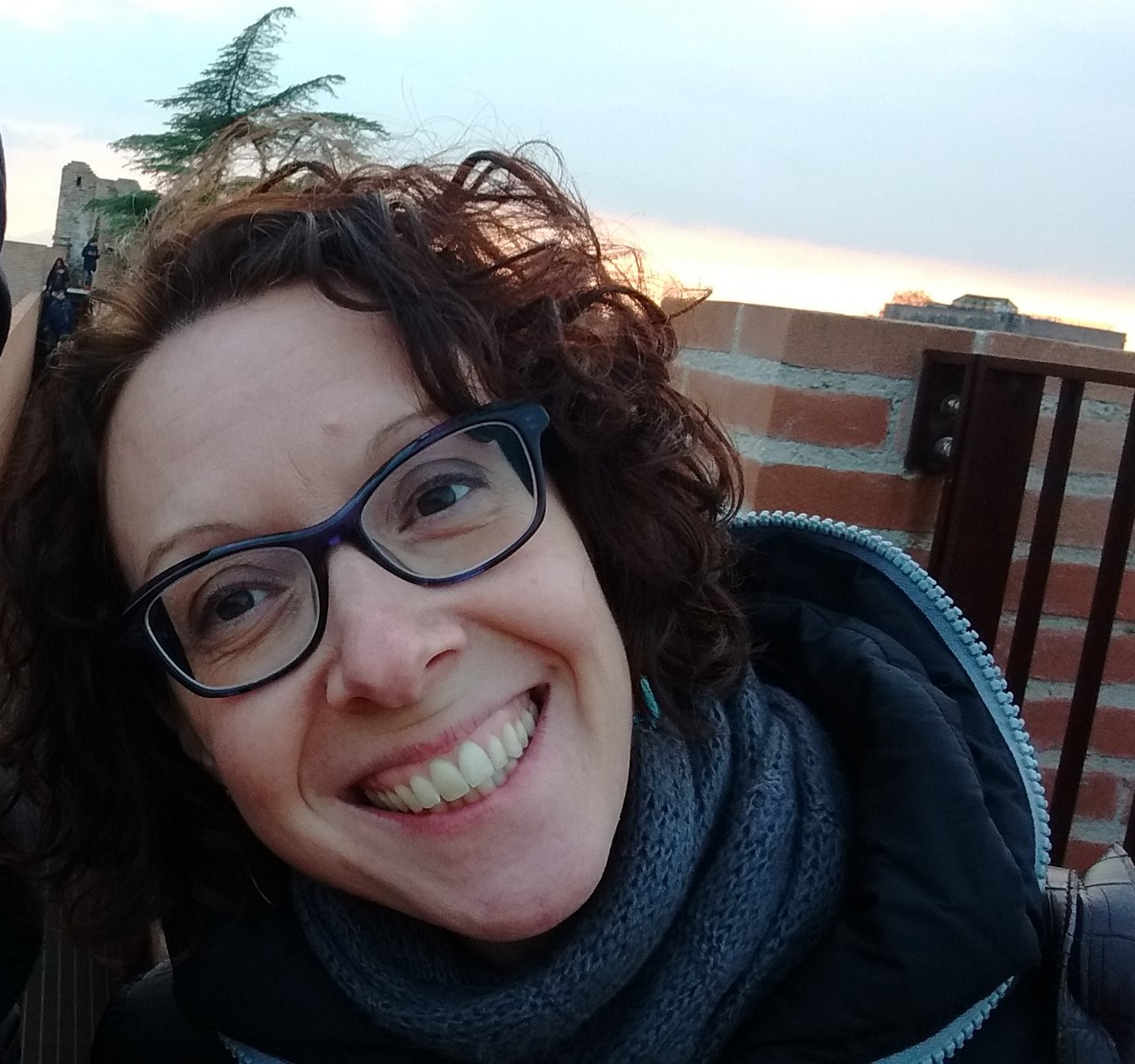
Selected publications related to PusH:
Michela Semprebon (2021) Towards a parallel exceptional welfare system: the scaling down and out of forced migrants’ reception in Italy, Urban Geography, 42:7, 915-936, DOI: 10.1080/02723638.2021.1890424
Semprebon M., Pelacani G. (2020) “Dispersal and reception in Northern Italy: comparing systems along the Brenner route”. In Geographies of Asylum in Europe and the Role of European Localities, edited by Glorious B., Doomernik J. IMISCOE Book Series, 15-44. ISBN 978-3-030-25665-4
Semprebon M., Haddock SV (2016) “Innovative housing practices involving immigrants: the case of self-building in Italy”, 31:3, 439-445, edited by Garcia M., Haddock SV. DOI https://doi.org/10.1007/s10901-015-9464-3
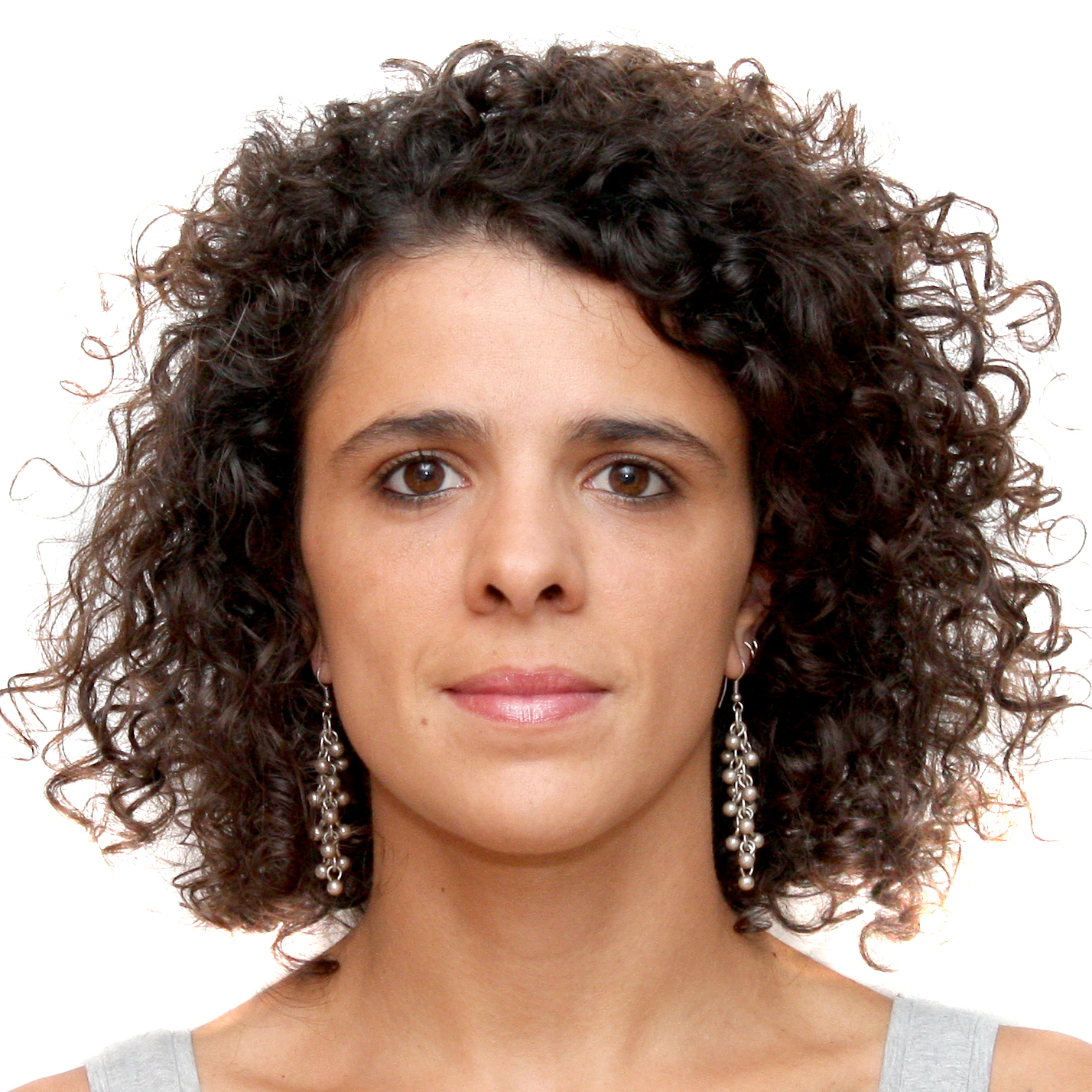
Flavia Albanese holds a Master degree in Architecture and Urban Planning (Roma Tre University) and a PhD in Regional Planning and Public Policy (IUAV University of Venice). Her research insists on the territorial aspects of migration, particularly in the outskirts of metropolitan areas, with a focus both on the role played by public spaces in promoting social inclusion, and on the implementation of public policies designed to handle refugees and asylum seekers reception at the local level. Within PusH Project she is part of the University Iuav of Venice research team and is contributing to the writing of chapters concerning precarious housing affecting economic and forced migrants (IO3).
Selected publications related to PusH:
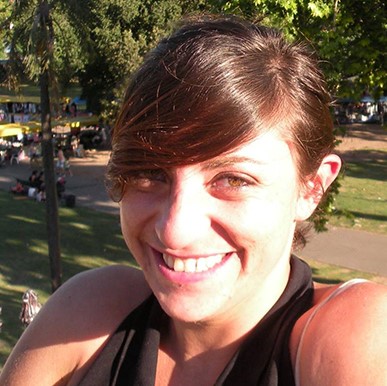
Francesca Ferlicca is a PhD fellow in Regional Planning and Public Policy at the University Iuav of Venice. She is an urban planner who graduated in Architecture and Urban Planning at the University of Roma Tre. Her research interest lies in housing policies for the informal city, especially in Latin America. Within PusH Project she is part of the University Iuav of Venice research team and is contributing to the writing of chapters concerning precarious housing affecting economic and forced migrants (IO3).
Danube University Krems
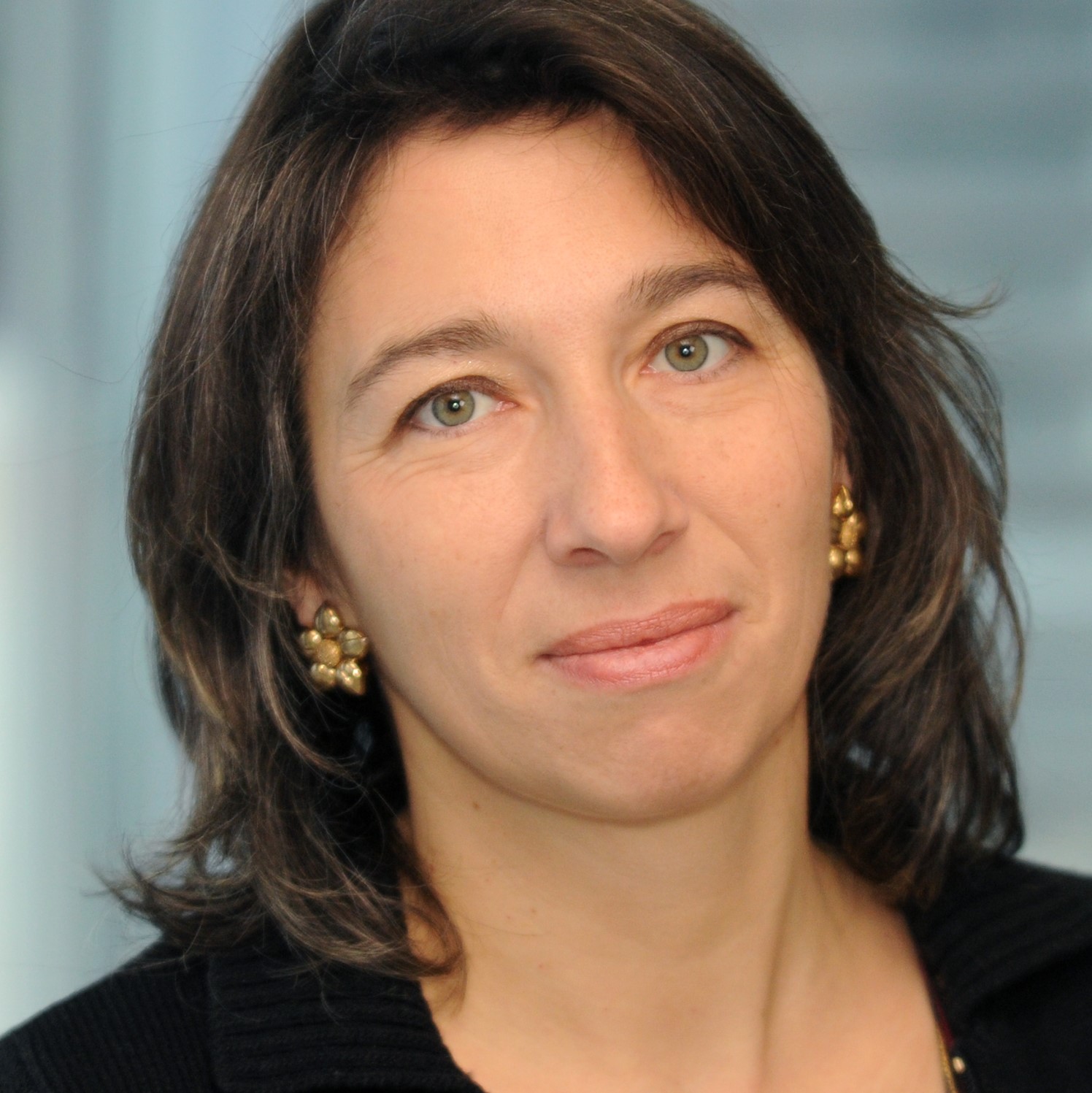
Tania Berger is a trained architect and holds a PhD in construction and building sciences, entertaining a strong focus on social science. She heads the Cluster Social sPACe based research in built Environment (SPACE) at the Department for Building and Environment at Danube University Krems, which works on issues of integration in housing on a national level and global urbanization processes and precarious housing in an international context. She coordinates Erasmus projects in the field of “Capacity Building in Higher Education” with a focus on informal settlements in India and Ethiopia.
Centre for Economic and Regional Studies (KRTK)
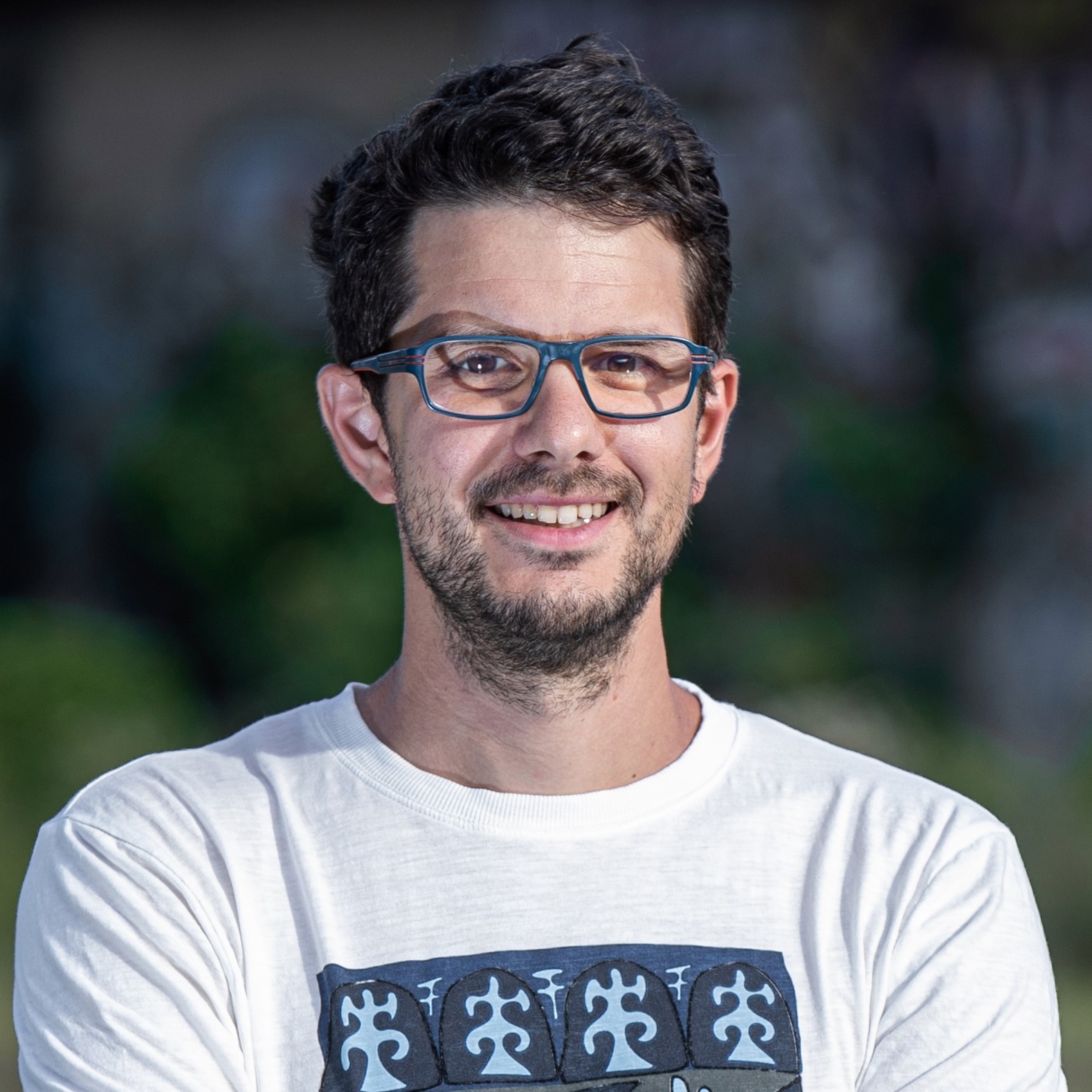
András Vigvári is a social anthropologist and junior research fellow at the Centre for Economic and Regional Studies. His main research area is precarious housing, housing informality and household strategies. Currently, he is investigating the transformation of peri-urban allotment gardens from the perspective of housing affordability and housing crisis. Further information can be found here .
Selected publications related to PusH:
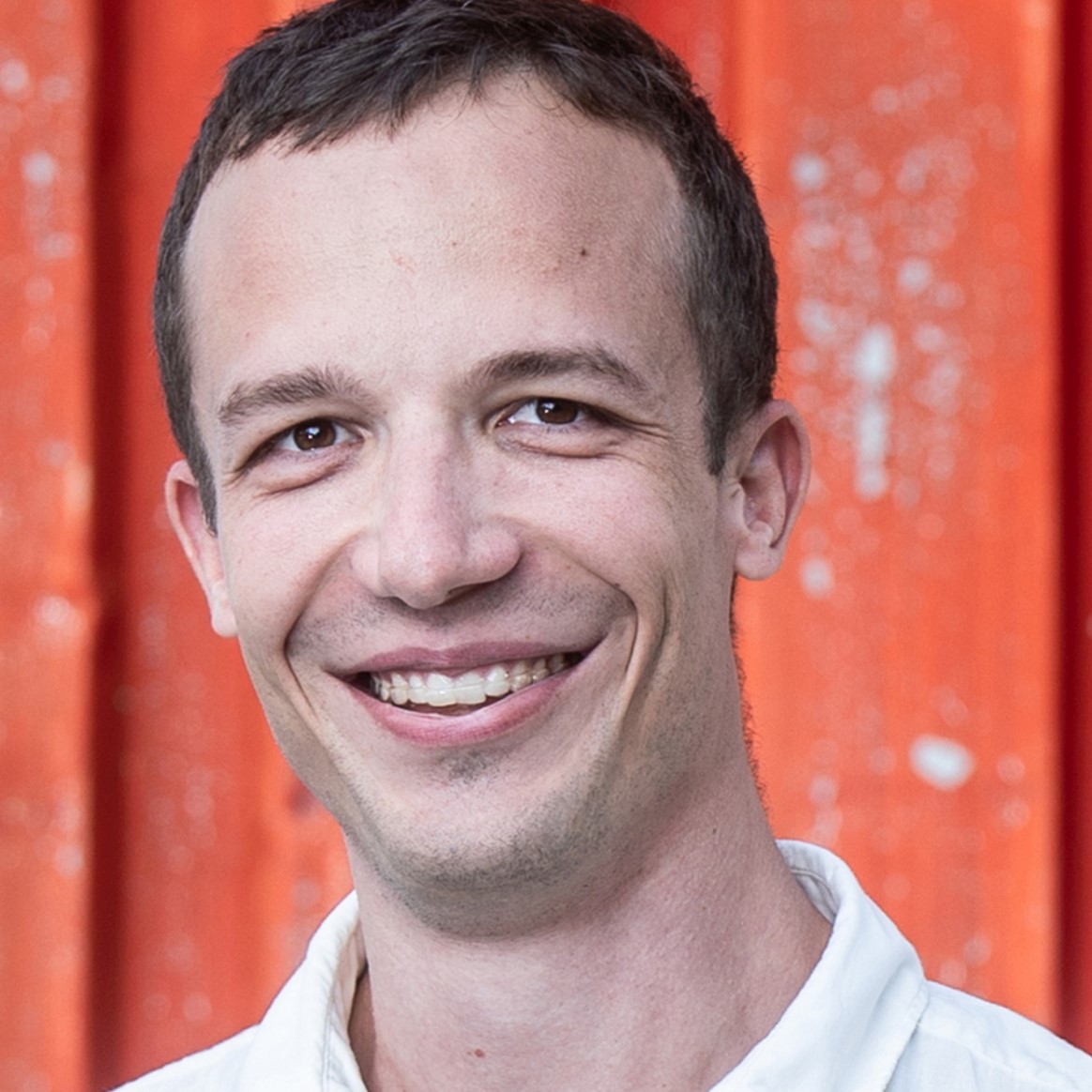
Márton Czirfusz is a research associate at the Centre for Economic and Regional Studies in Budapest. His research interests include urban geography and gentrification. He is contributing to the PusH project by co-authoring a chapter about housing financialization. Further information can be found here.
Selected publications related to PusH:
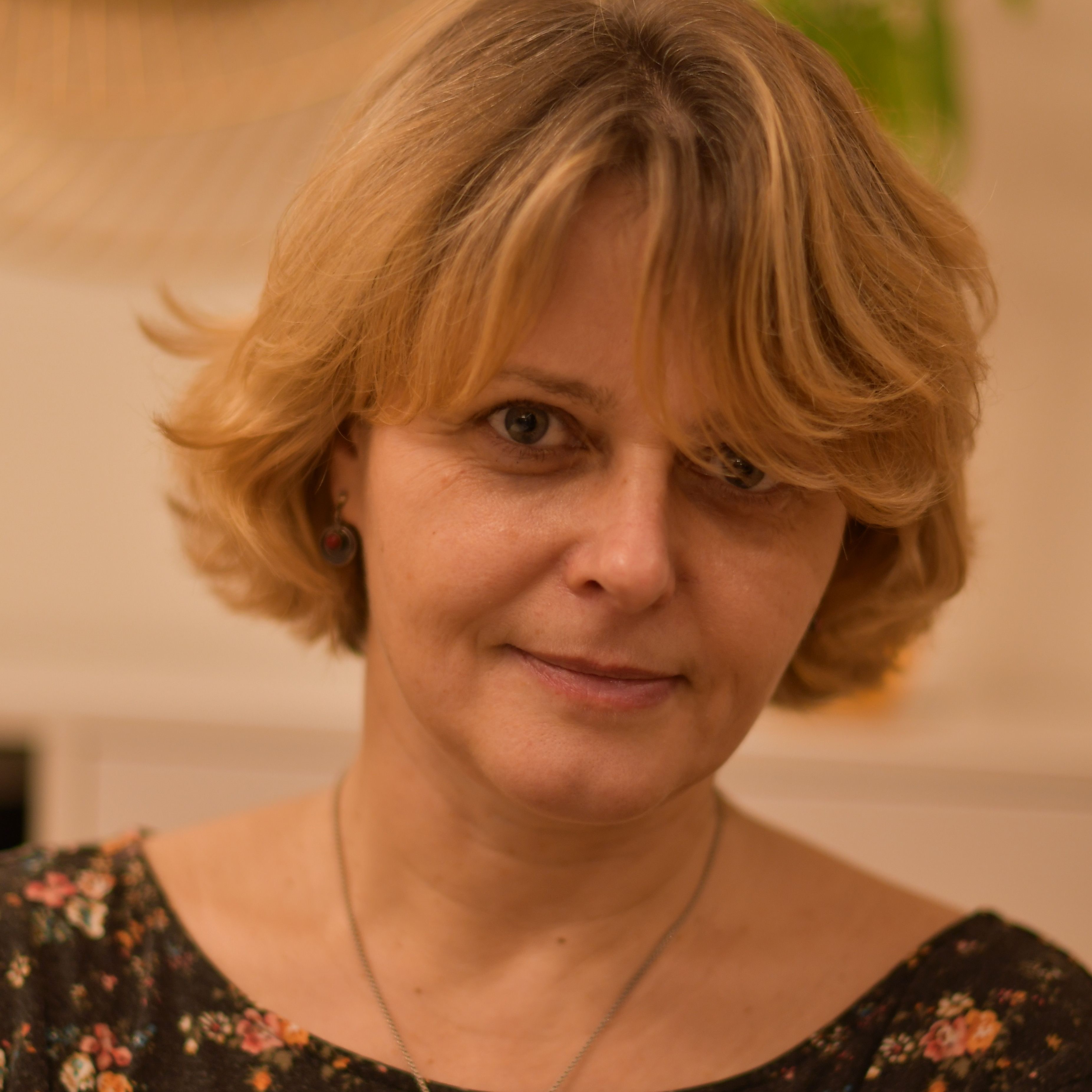
Tünde Virág is a sociologist and senior research fellow at the Centre for Economic and Regional Studies, in Budapest. Her studies have aimed to identify and describe processes, mechanisms, institutions and various politics that (re)produce and maintain spaces of marginalisation for different social groups.
Selected publications related to PusH:
Open Society Institute Foundation
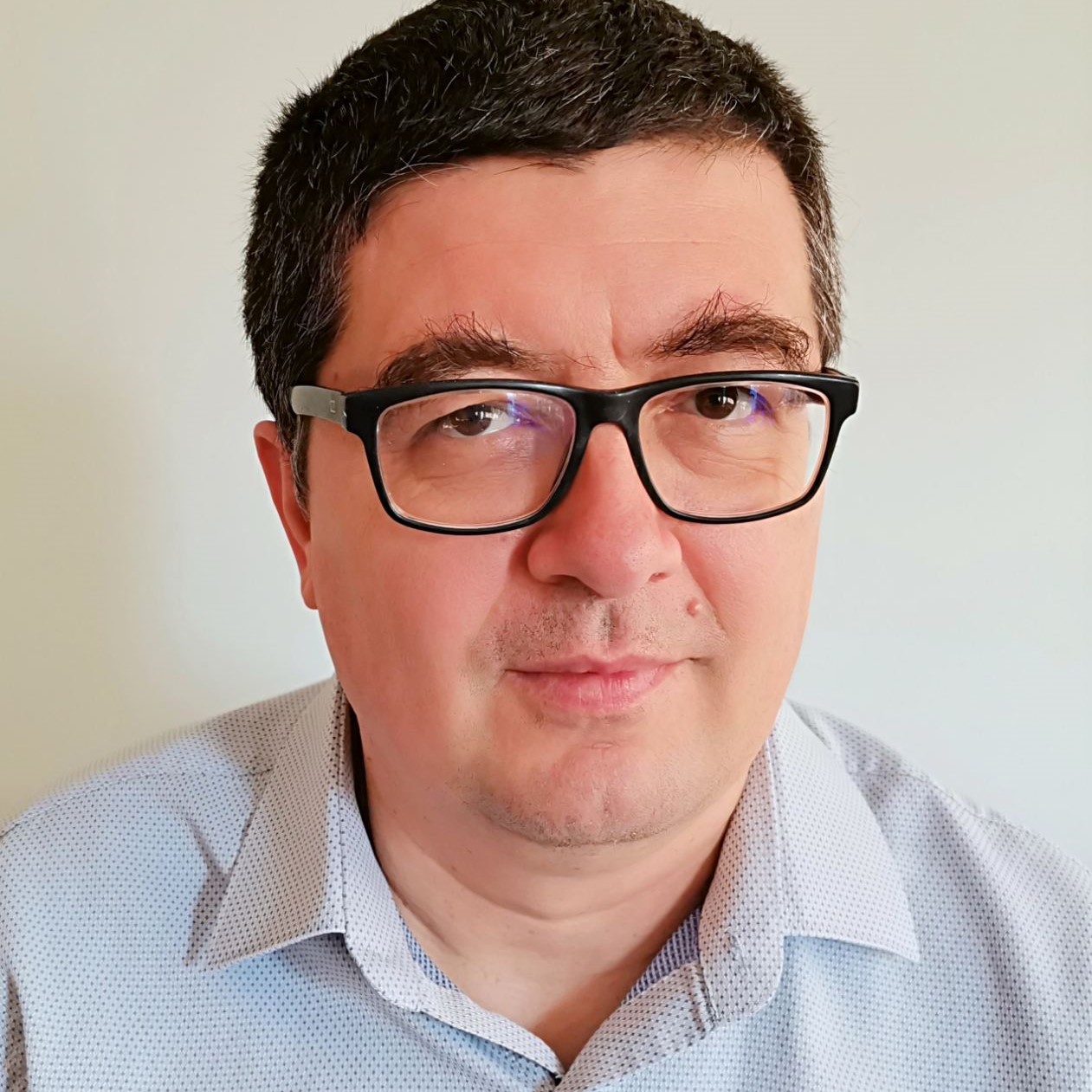
Boyan Zahariev holds master degrees in South Asian studies and economics and a PhD in sociology from Sofia University St. Kliment Ohridski. In 2007, he joined the Open Society Institute in Sofia as programme director. Boyan has more than 20 years of experience as an expert, project manager and researcher in the field of education and the social inclusion of vulnerable groups. Within the PusH project, Boyan will lead the Bulgarian team and will use his practical field experience as part of a summer school and the drafting of a textbook chapter in trying to look together with students for ways to improve the lives of persons living in poor housing conditions.
Boyan’s recent housing policy experience is related to the implementation of the following projects: Assessment of the urban housing situation of Roma and other marginalized groups in the North-West planning region, a study commissioned by the World Bank and prepared by OSI-Sofia (2020), Creating Bulgarian national Chapter of the Mayors Making the Most of EU Funds for Roma inclusion, National Association of the Municipalities in the Republic of Bulgaria, OSI and EUROCITIES (2015) and “TENLAW - Tenancy Law and Housing Policy in Multi-level Europe”, supported by the EC’s FP7 Research Program (2013).
Further information can be found here.
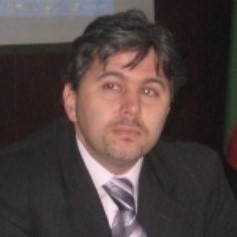
Ilko Yordanov is a policy researcher at the Open Society Institute – Sofia. Since 2003, he has worked on Bulgarian public policy reforms in the field of decentralization, education and health services, housing and living conditions and the development of comprehensive national and local ethnic minorities inclusion policies. He has accumulated experience as coordinator and expert on programme, project and research designing, implementation, evaluation and reporting, including initiatives supported by the EC, the World Bank, UNICEF, UNDP, the University of Cambridge, the Research Support Scheme, the Open Society Institute – Sofia and Budapest, the Local Government and Public Service Reform Initiative and the Bulgarian government. Within the PusH project, Ilko will be responsible for the coordination of the summer school and the drafting of a textbook chapter on informal housing.
Ilko’s recent housing policy experience is related to implementation of the following projects: Assessment of the urban housing situation of Roma and other marginalized groups in the North-West planning region, a study commissioned by the World Bank and prepared by OSI-Sofia (2020), Local connection criteria as barriers of access to services for homeless people, а study in selected EU Member States, European Observatory on Homelessness (2015); Social Housing for Roma Families in Slatina (Municipality of Sofia), Evaluation of CEB (2015); Creating Bulgarian national Chapter of the Mayors Making the Most of EU Funds for Roma inclusion, National Association of the Municipalities in the Republic of Bulgaria, OSI and EUROCITIES (2015) and “TENLAW - Tenancy Law and Housing Policy in Multi-level Europe”, supported by the EC’s FP7 Research Program (2013).
Further information can be found here.